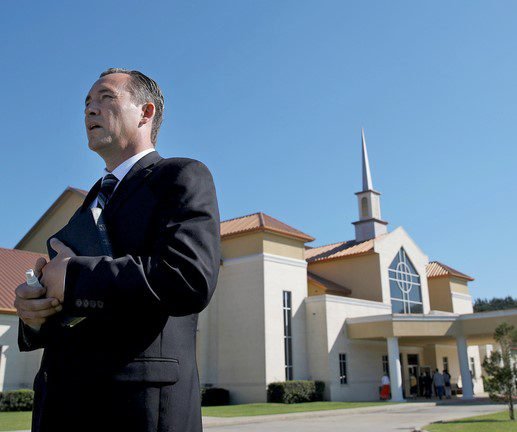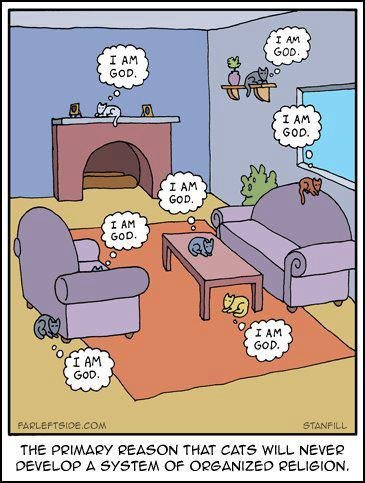
Last Sunday, Tony Spell, pastor of Life Tabernacle Church: The Apostolics of Baton Rouge, was interviewed on CNN by Victor Blackwell. Here’s an excerpt from the interview:
BLACKWELL: You now are asking people who you know in your congregation who don’t have much, can’t even get to you without you picking them up to hand over the $1,200 stimulus check. Why?
SPELL: The Pastor Spell stimulus challenge is to help those who do not get stimulus such as evangelists and missionaries. So this morning, these evangelists and foreign missionaries who have not had payments for five weeks now will be in the service this morning where we’ll give them a large offering.
BLACKWELL: Hold on, pastor. Non-profits and faith-based ministries can apply for the paycheck protection program. You can get the –.
SPELL: We don’t want to.”
BLACKWELL: But that is your choice. I just made sure that I printed out these from the Small Business Administration website. You have the option. My question is and I’ll let you answer. I will let you answer, but to say that people who you know don’t have much, you have to go and pick them up to bring them to your church to then ask them to hand over the $1,200, the only money some people will have, and you have another option, why not give that money to them and why isn’t this a time for the church to give to those who do not have?
What follows below is a short video of what Pastor Spell calls his “stimulus challenge.” This video is the backdrop for Spell’s appearance in CNN. It’s hard not to conclude that Spell is a greedy son of a bitch; it is unlikely that his donation of his $1,200 stimulus payment caused him one bit of economic pain. (I would love to see Spell’s tax returns. I suspect they would be enlightening, to say the least.)
Spell states with a straight face that evangelists and missionaries are not eligible to receive the $1,200 stimulus payments. This is a bold-faced lie. Evangelists, missionaries, and pastors are required to file federal income tax returns. Their churches, agencies, and ministries are required to provide them with an annual 1099 or W-2 so they can file their tax returns. The stimulus payments are based on the recipients 2018 or 2019 federal income tax return. Unless these clergymen are tax cheats, I am going to assume that all of them filed a tax return. And as long as their income fell within the stimulus payment limits, they received or will receive money from the government. Socialism, baby, gotta love it.
Spell wants to paint a picture of preachers who are suffering economically, and I have no doubt that some of them are. I know if the Coronavirus pandemic had happened in the early days of my ministry, we would have been destitute in a matter of weeks. Many preachers do live from hand to prayer to mouth. I have no problem with them receiving stimulus payments, even though I question whether the government should be materially supporting people whose sole source of income comes from their churches or ministries. Clergymen already receive several substantial tax breaks such as the housing allowance. That said, this is not a hill I am prepared to die on. If sending money to clergy and their families helps them through difficult times in ways that God cannot, I am all for it. What I have a problem with is Spell’s lie about the nature of clerical income; that evangelists, missionaries, and pastors are somehow, some way “different” from other American workers. They are not. Outside of the special tax breaks clergy (and churches) receive, they must pay the same taxes and file the same returns as the rest of us. As Joe Friday would say, “Just the facts, ma’am.”
Bruce Gerencser, 68, lives in rural Northwest Ohio with his wife of 47 years. He and his wife have six grown children and sixteen grandchildren. Bruce pastored Evangelical churches for twenty-five years in Ohio, Texas, and Michigan. Bruce left the ministry in 2005, and in 2008 he left Christianity. Bruce is now a humanist and an atheist.
Your comments are welcome and appreciated. All first-time comments are moderated. Please read the commenting rules before commenting.
You can email Bruce via the Contact Form.

